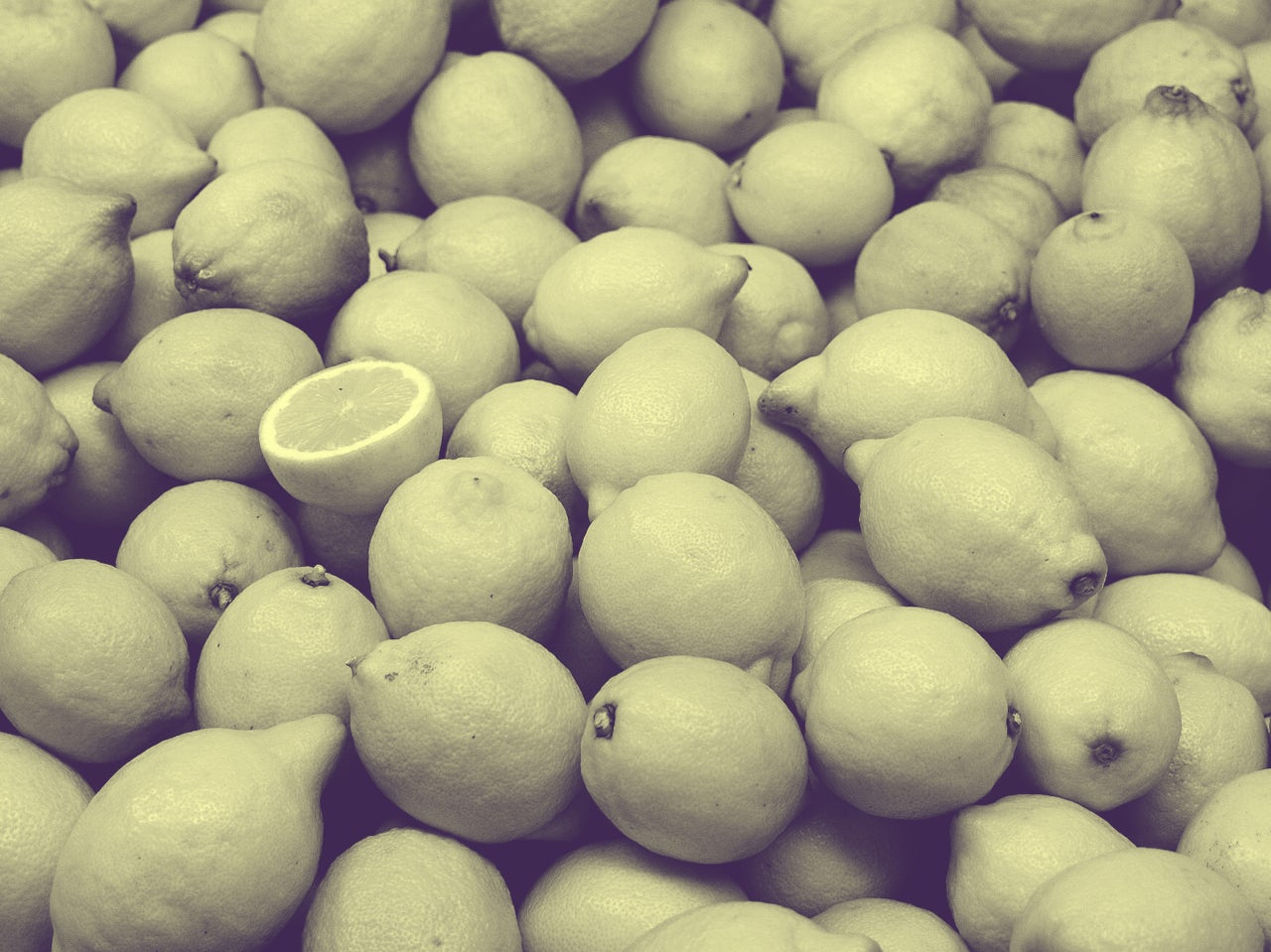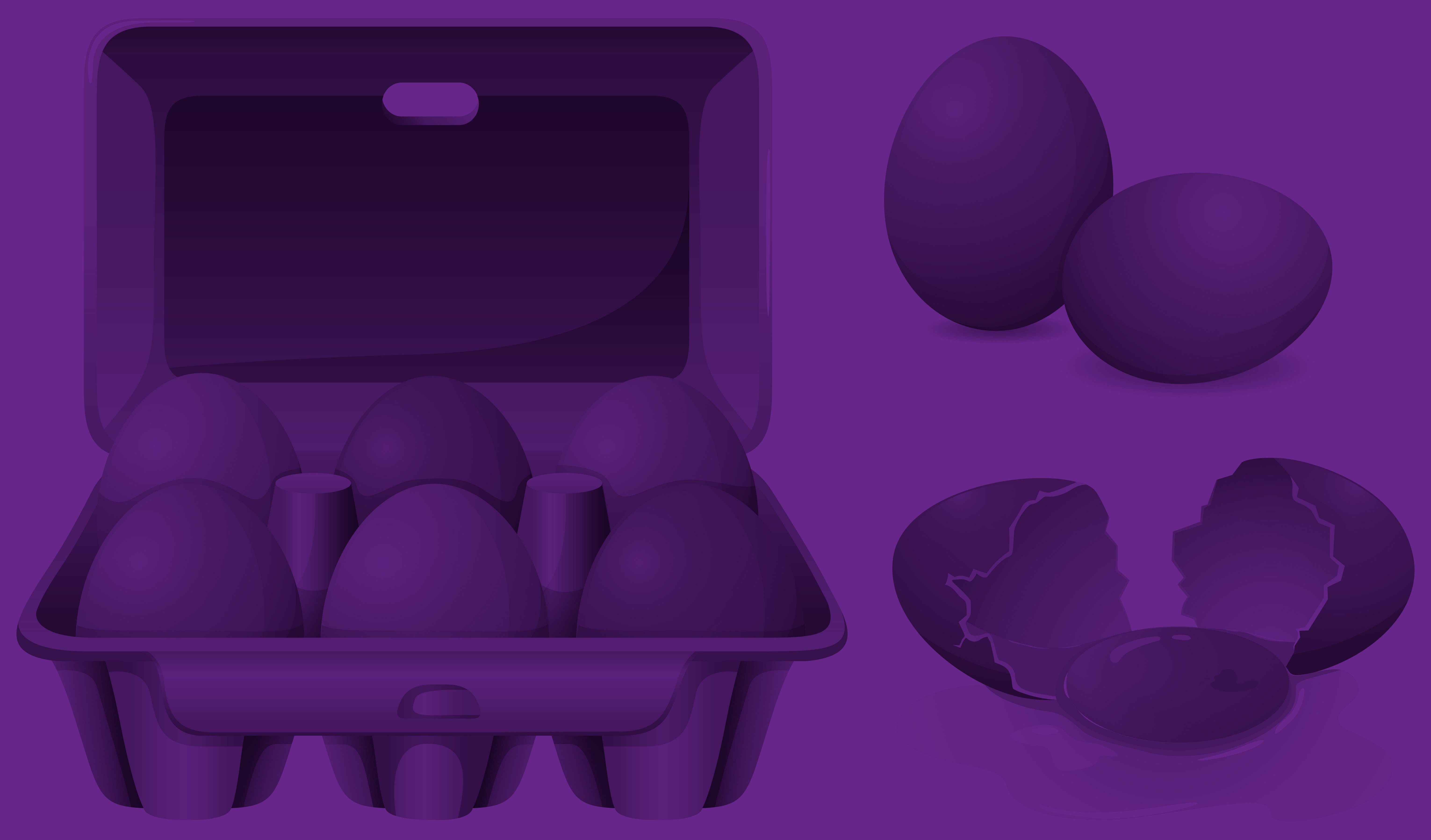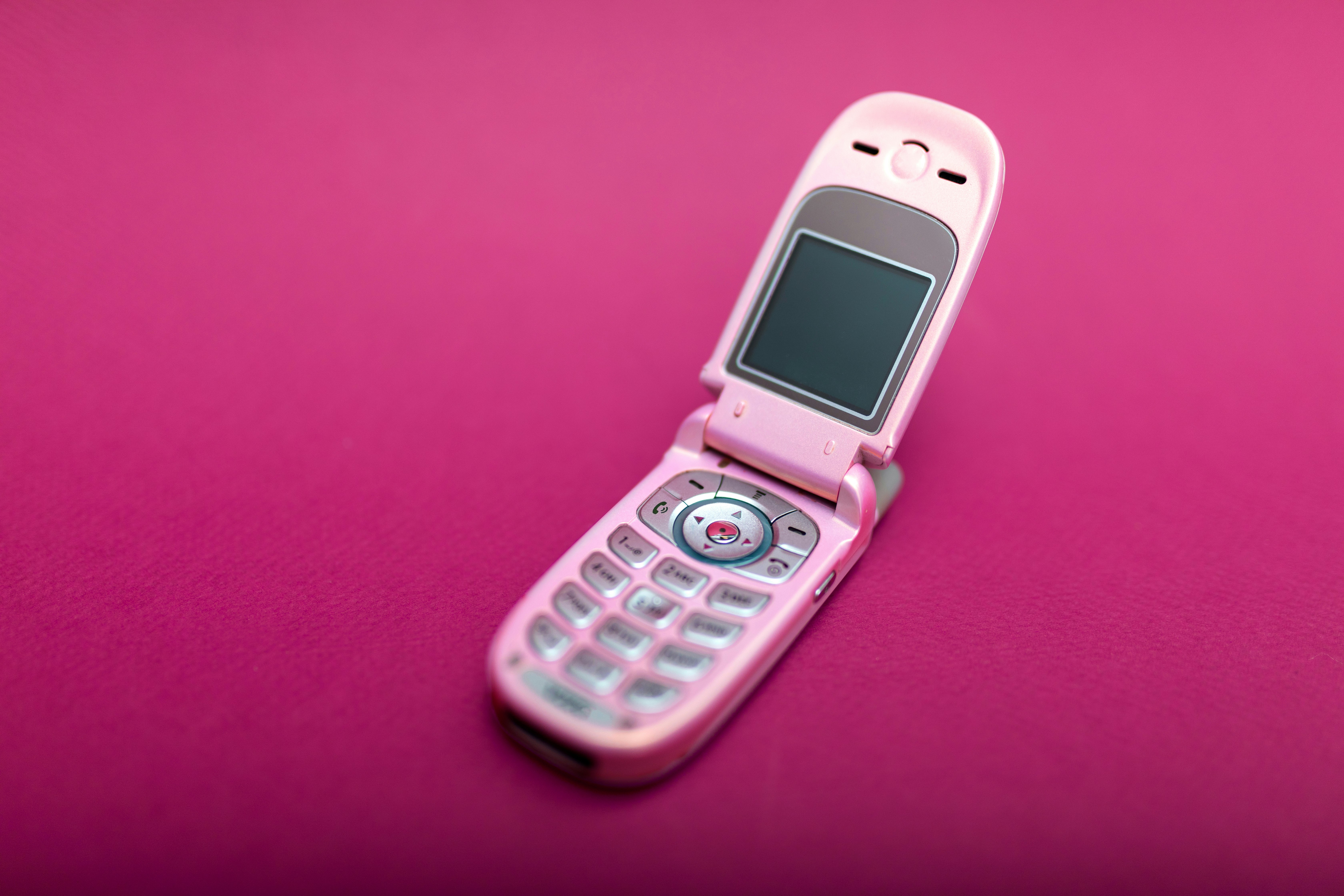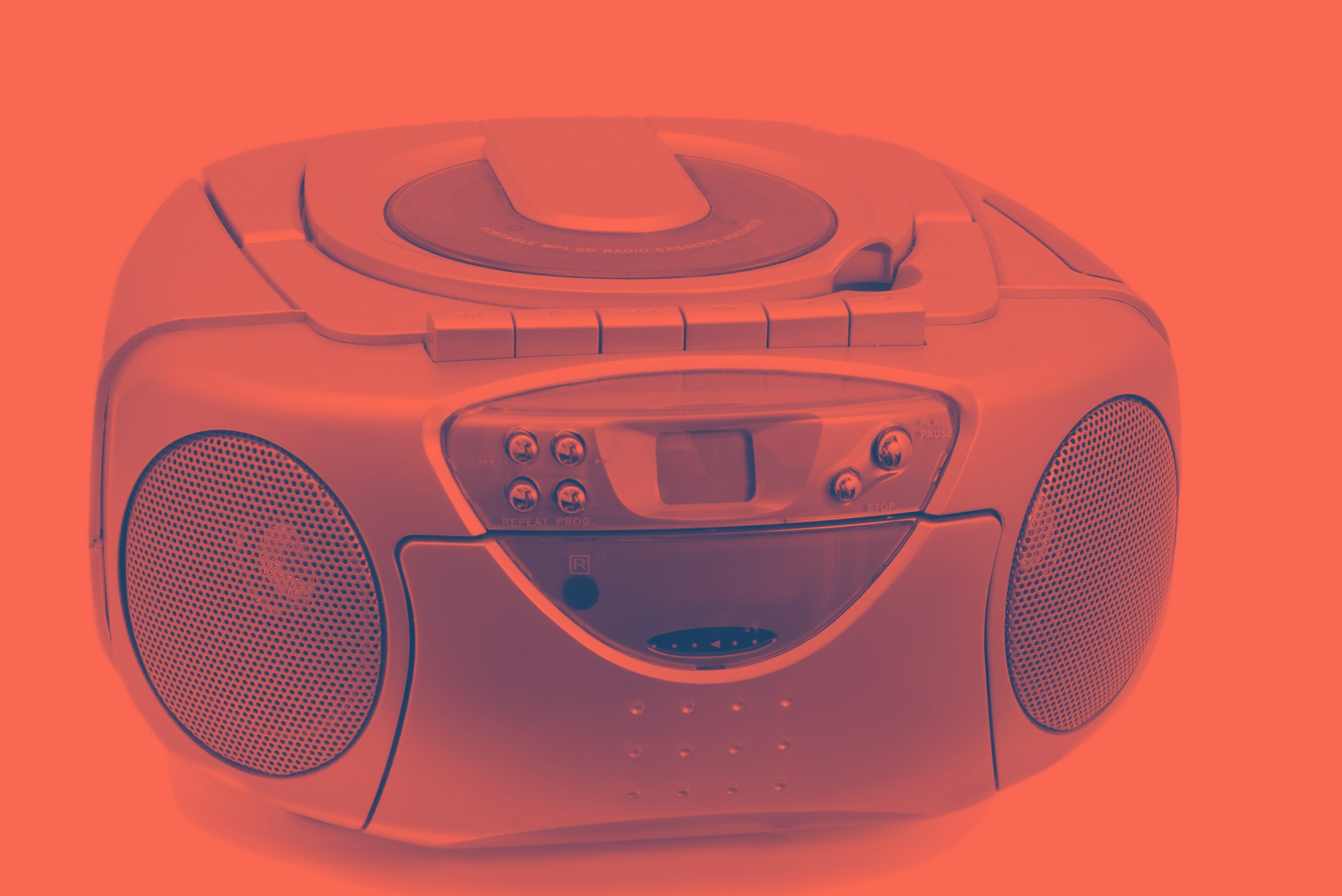Lemons are versatile. Research has found the vitamin C-packed fruit can provide for a healthy heart, and prevent kidney stones and anemia. Researchers theorize that the plant compounds found in it may hold anticancer properties. They work great in an assortment of desserts: sorbets, cookies, bars. Some beauty gurus have even vouched for it as a stand-in for deodorant.
More relevantly to the culture, “lemons” has now been hashtagged on Instagram more than 1 million times. This year, lemons have become the preferred accessory of influencers. Some keep it simple, like Hailey Bieber nonchalantly posing next to a bowl half-full of the fruit. Others are more loud about their support, partaking in matching couple photo shoots, sporting all yellow outfits to match the baskets and palms full of lemons, with captions like “you’re my main squeeze.” Lemon-patterned dresses, bathing suits, and even adult and baby onesies can be found in this endless scroll of photos.
This week at Collina Strada’s New York Fashion Week farmer’s market inspired show, the fruit made an appearance on the sidelines of the runway. One LA-based jewelry shop on Instagram is even selling fake slices to hang from your ears. (Yes, I bought a pair.) On Amazon, one search can lead you to a cart full of lemon decorative lights, a fake lemon tree, lemon shower curtains, bath mats, and matching wall clocks. If you wanted to pretend you’re living in an Italian village off of the Amalfi Coast, sipping limoncello after meals, you could turn to the pages of Pinterest, brimming with overwhelming suggestions for lemon-based decor and recipes. There you can find all the suggestions you need for your own lemon-themed party: a birthday, bridal shower, or really just any old summer barbecue. If all else fails, and shopping, parties, nor food are your style, consider checking out one of their many boards with thousands of followers, dedicated to aesthetically pleasing photos of lemons or lemon-inspired products, titled something like “Lemon Love.”
Lemons have long since been a pillar of society. The first lemonade stand can be traced back to 1879, where The New York Times first referenced a Wisconsin shopkeeper selling the drink outside of his store. The following summer, stands popped up all around New York City selling cups for a nickel. The fruit has come to symbolize a number of things: promise of greatness coming from something bitter (we can thank 19th century American actor and humorist Marshall Pinckney Wilder’s obituary for popularizing the associated phrase), fidelity in the Catholic Church, summer, and all the mood improving endorphins associated with the bright hues of yellow. Pablo Neruda marveled at the “yellow goblet of miracles” in “Ode to a Lemon”; Gucci Mane and Danity Kane both have songs titled “Lemonade,” where the drink symbolizes both diamonds and the haters; Beyoncé gave us the whole album (along with her grandmother's lemonade recipe recited in the accompanying film).
Lemons are aspirational. If I walked down the street with a brown bag full of them, I’d expect passersby to see me and think I ride my bike with a basket full of marigolds to work every morning, settling on the veranda for an afternoon honey lemon tea after a particularly tiring day of doing absolutely nothing. The me who dangles lemon slices from her ears, I’d expect, also bakes perfectly crusted pies in her free time and lives in a place where it’s eternally summer. Lemons are a way of tricking yourself into being the much more sophisticated, healthier, effortlessly interesting version. Fashion experts tell us by dressing in lemon prints we can be as universal and timeless as a Picasso still-life. The tropical pineapple prints from two summers ago are definitely out of season, but here’s a suggestion: replace them with lemons.
Even as young kids, lemonade stands are some of our first ventures into capitalism – the latest toy could be in reach if we sold enough cheap powder drink in mouthwash cups for a quarter. Lemons are sold to us as untapped opportunity, and now possibility is available for purchase beyond the fresh produce aisle.
Lemons aren’t objectively the best fruit: you can’t bite into them without looking like a monster and too much of it can wear away at the enamel of your teeth. If this is all just lemon propaganda meant to prop up the multi-million dollar U.S. and global lemon industry, I’d understand. But they are fun, they are useful, and even babies love them. I, for one, am not complaining.






